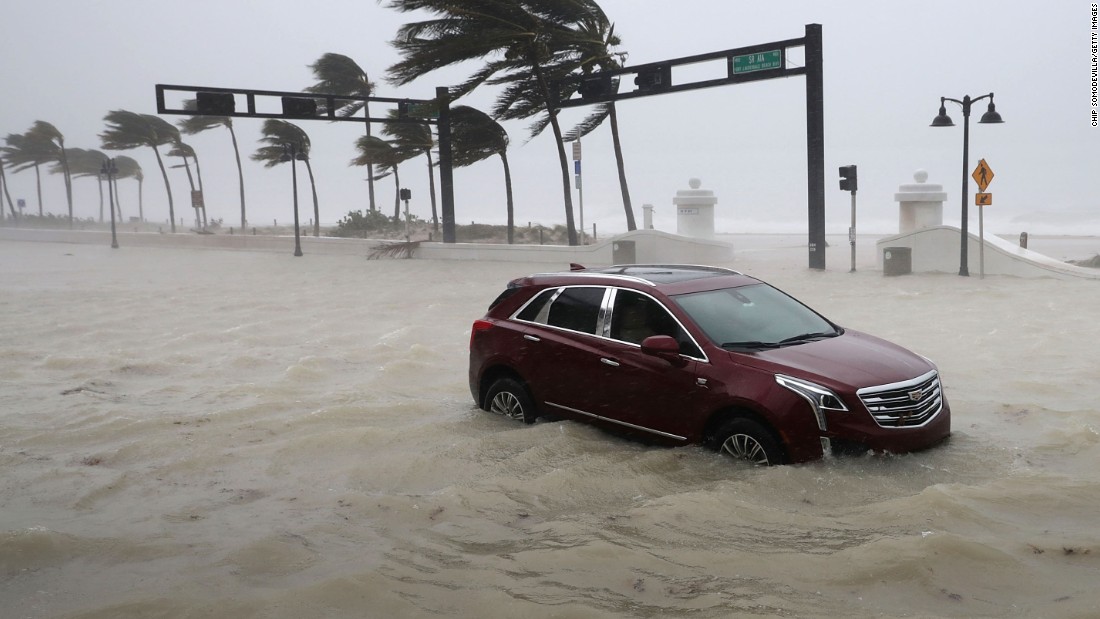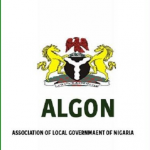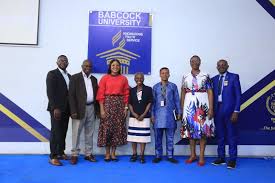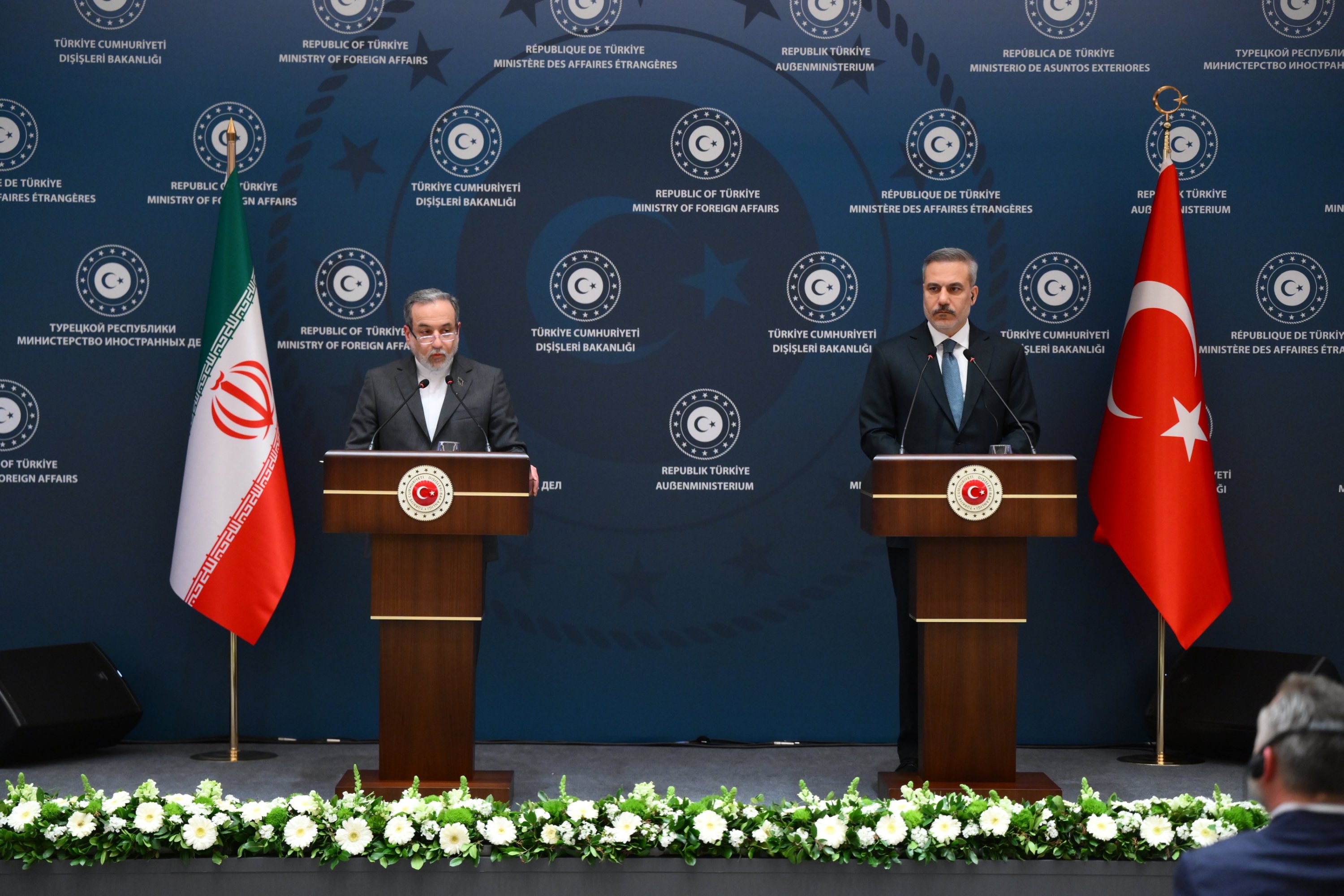Natural Disasters: Stakeholders propose science education as panacea

Recent serial hurricanes, floods and earthquakes as well as wild fires “terrorising” nations across the globe have sent stakeholders brainstorming on possible ways to pre-empt and control the natural onslaught.
This was the focus at the 2017 School of Science Conference of Adeniran Ogunsanya College of Education, (AOCOED), Ijanikin in Lagos last week.
Delivering his keynote address at the conference tagged: Science Education: Panacea for Combating Global Economic Recession, Climate Change and Environmental Degradation, former executive secretary of the National Universities Commission (NUC) Prof Peter Okebukola, highlighted the need to priotise science education at all levels of educational institutions as the solution to all challenges confronting the world today.
Describing the theme of the confab as apt, considering natural storms facing the world that are begging for answers which only science education can provide solutions, Okebukola said the National Bureau of Statistics (NBS) confirmed that Nigeria has exited its worst economic recession in more than two decades, notching up growth of 0.55 per cent in the second quarter of 2017.
“The NBS data showed that Nigeria’s economic recovery was driven by improved performance of oil, agriculture, manufacturing and trade sectors of the economy and without science education, none of these sectors would have performed enough to take the country of recession.
“Science education leads to the production of competent human resources for these sectors. Without science education, there will be no production of quality teachers to train the petroleum engineers and other technical expertise who drive the oil sector.
Without science education, we will be short of agriculturists and will severely lack personnel to drive the manufacturing and trade sectors,” the Prof said.
Okebukola also noted that science education plays a major role in climate change as it was science education that produced the scientists who drew global attention to the phenomenon of climate change, its causes and effects.
In addition, he said, “Science education plays a key role in educating the citizenry about the dangers of environmental degradation and the need to take preventive and remedial action.”
Barriers
The former NUC Secretary itemised barriers in the teaching and learning of science to include the notion that science as a subject is difficult to learn, which becomes an issue when students are to make choices.
The Prof also pointed out that readiness, motivation, cognitive preference orientation and general attitude to work are some attributes of the learner that pose barriers to meaningful learning of science.
“Other factors include e science laboratories in our schools which are far from equipped for meaningful science teaching and learning,” he said.
On the way forward for science education, The academician suggested that the basic science curriculum is well intentioned, but is spawned too much around traditional science concepts rather on process skills.
He tasked parents to provide opportunities for their children and wards to revise their science lessons and encourage them to carry out projects that are science and technology related.
“Teachers should be trained and facilitated to make a 180-degree switch from chalkboard science to hands-on science.
The typical science classroom in Nigeria should move from being rhetoric of conclusions to one of investigation, problem solving and experimentation.
Teachers should tailor science instruction to contemporary taste of learners. Use of technology to deliver instruction in science should be accorded greater focus by teachers.”
Prof Okebukola then tasked governments to pay greater attention to the establishment and enforcement of minimum standards for science and technology education, some of which could be unique to the Nigerian setting, yet contextually relevant as well as a major rethinking of science teachers education programmes that will lay emphasis on quality of content and not quantity.
Lead paper presenter, Prof Mrs Kehinde Olayinka from the University of Lagos said a good science education programme is expected to achieve an appreciable national development.
She added that there is need to review the teaching methods used in science education by carrying out relevant local research and use the findings as it is done in developed countries.
In her welcome address, the Dean, School of Science AOCOED, Dr (Mrs) Olukemi Odumosu said the conference is looking at a very important theme which cannot come at a better time than now as the world is facing the biggest environmental challenge of this generation.
“No matter what we are passionate about, it will be affected by climate change; our environment has changed the balance of our planet.
These days people talk about ozone layer depletion, global warming, water pollution, waste disposal, there is need to be cautious about our environment if we must live long”, she said.
In his own presentation, General Manager of Lagos State Environmental Protection Agency (LASEPA), Adebola Shabi said the heritage of science education from great scientists cannot be exhausted considering the need for science education in making environmental action less cumbersome and more productive.










